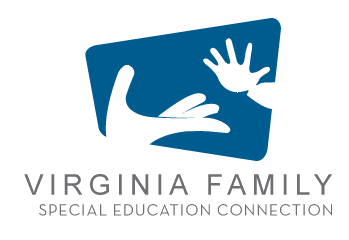Helping Young Children Who Have Experienced Trauma: Policies and Strategies for Early Care and Education (National Center for Children in Poverty) (May 2017)
Description:
Helping Young Children Who Have Experienced Trauma: Policies and Strategies for Early Care and Education - In almost every early care and education (ECE) program across the country, there are children who have experienced trauma or who will, during their early childhood, experience traumatic events. Trauma in early childhood takes many forms, including abuse or neglect, witnessing violence, and having prolonged separation from or loss of a parent. An extensive body of research has documented the negative impacts of trauma on young children’s behavior, learning, and other long-term school- and health-related outcomes.
Children in families at all economic levels experience trauma, but early childhood trauma occurs more often in families facing financial hardship. Because many young children spend long hours in ECE programs, it is important to understand the challenges of children who experience trauma, of their families, and of their teachers. It is equally important to identify features of programs (both center-based and in homes) that help these children form positive relationships, feel safe and secure, and enjoy learning and playing with their peers and caregivers.
This report includes:
- A definition of early childhood trauma, including different types, and its prevalence
- The impacts of early childhood trauma on the child, family, and ECE programs
- The special needs of young children who have experienced trauma
- A description of trauma-informed care
- Promising program strategies to support the healthy development and learning of young children in ECE
- Recommendations of policies that could increase the capacity of ECE providers to help children who have experienced trauma learn and thrive





